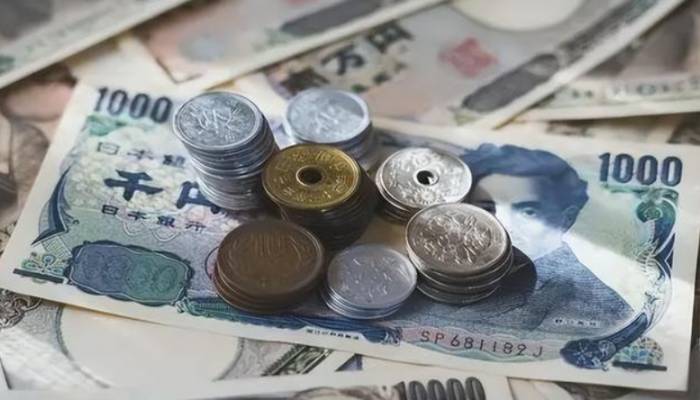SoftBank, the Japanese company well-known for its investment in Alibaba, has once again reported massive losses.
In a desperate move, SoftBank has been continuously selling off its shares in Alibaba, just to recoup losses and stop the bleeding.
However, the devaluation of the yen has helped many Japanese companies; will SoftBank be one of them?
01, Huge Losses
In the recently released third-quarter report, SoftBank reported a loss of over 40 billion yuan, far below market expectations.
This was still after SoftBank "recouped" 156 billion yuan by selling its shares in Alibaba; otherwise, the loss would have been even greater.
The performance report shows that in the past three quarters, SoftBank's losses exceeded 900 billion yen, compared to a net profit of nearly 400 billion yen in the same period of the previous year—a stark contrast.
Why has this happened?
It is believed that the reason SoftBank gives is consistent with that given by other tech holding companies, which is due to the continuous interest rate hikes by the Federal Reserve.
Historical interest rate hikes by the Federal Reserve have shown that as the interest rate environment continues to rise, the most severely impacted are the stock prices of growth-type listed companies. In 2022, the Nasdaq index was in decline for almost the entire year, with a final drop of over 30%, second only to 2008.SoftBank, naturally, is not immune.
02, Selling Alibaba
In the past, SoftBank was renowned for its successful investment in Alibaba.
After being rejected by domestic venture capital firms, Jack Ma received a $20 million investment from SoftBank President Masayoshi Son.
Now, Alibaba's market value has exceeded $100 billion, and Son has become one of the wealthiest individuals in Asia.
Over the years, Alibaba has played the role of an "ATM" on multiple occasions, but even so, SoftBank's performance has been on a continuous decline.
However, in the past two years, Alibaba's stock price has been falling, and Son may have been selling with tears in his eyes.

According to adjusted calculations, in early November 2020, Alibaba's stock price on the US market exceeded $310, but it has been falling ever since, reaching a low of only $58 last October, during which time SoftBank had to sell Alibaba due to significant losses.
In the last few months, Chinese assets have regained popularity, and Alibaba's stock price has rebounded from $58 to $120. If the shares that SoftBank sold in the last two quarters had been held until now, the funds obtained could have doubled.
It has to be said that the timing of the sale was extremely poor, but there was nothing that could be done.03, Fortunately, the Yen Depreciation
It is clear that selling Alibaba has only provided a certain level of assistance to SoftBank, and the significant depreciation of the yen may have played a more substantial role.
Last year, many institutions and individuals in Japan with overseas assets were pleasantly surprised to find that the depreciation of the yen was a good thing, as it meant that their other assets appreciated significantly when converted back into yen.
SoftBank holds a multitude of shares in technology companies listed in the United States, with their stock prices calculated in US dollars. However, when calculating its own assets, SoftBank uses the yen. Therefore, the depreciation of the yen has provided some help to SoftBank's financial statements; otherwise, they would look even worse.
04, The Hong Kong Stock Market May Be the Best Option
Now, Masayoshi Son is pinning his hopes on another company.
ARM is a renowned British chip design company, the world's largest provider of smartphone chip design solutions, and also a major asset of SoftBank.
ARM's revenue in the third quarter increased by 28%, reaching $746 million, which is a rare growth for SoftBank in this quarter.
If ARM can successfully go public, its market value is expected to reach $40 billion. The current issue is choosing where to list.
However, because the Hong Kong stock market is actively persuading the Middle Eastern tycoon Saudi Arabia to choose the Hong Kong Stock Exchange for listing, this has brought a new option to the Japanese media. After analyzing and comparing, many Japanese business media believe that it would also be quite good if ARM chooses to list in Hong Kong.In the current global economic downturn, only China's economy stands out. If a company chooses to list on the Hong Kong stock market, it may attract more investors from Mainland China, which could greatly benefit the stock price.
SoftBank has greatly benefited from China's Alibaba in the past, and now it may once again reap benefits from the Chinese market.
post your comment